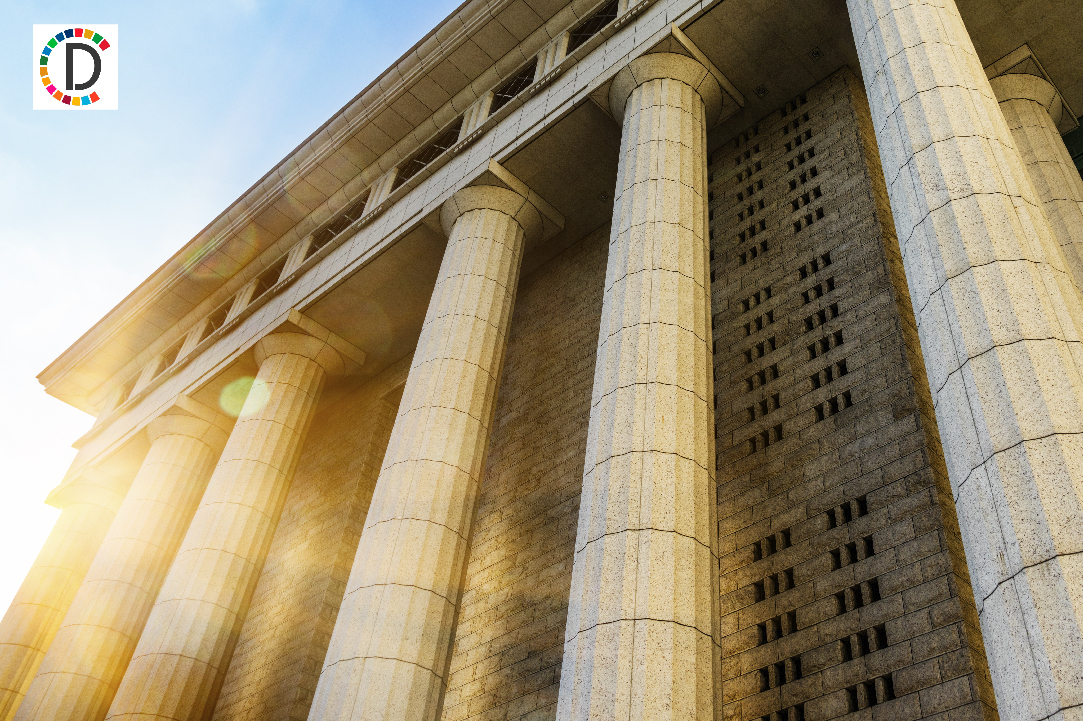Trump cannot be allowed to kill criminal probe with delays, NY prosecutor warns
Vance's investigation began after news reports that Trump's former lawyer Michael Cohen paid pornographic film actress Stormy Daniels $130,000 to buy her silence before the 2016 election about claimed sexual encounters with Trump, which he has denied. On July 9, the Supreme Court in a 7-2 vote rejected Trump's earlier argument he was immune from state criminal probes while in the White House.

- Country:
- United States
A New York prosecutor on Thursday warned against allowing U.S. President Donald Trump to run out the clock on the Manhattan district attorney's criminal probe into Trump. Carey Dunne, general counsel for District Attorney Cyrus Vance, spoke at a hearing in federal court in Manhattan to discuss Trump's renewed legal challenge to block or narrow Vance's ability to see his tax returns.
The case concerns an August 2019 subpoena to Trump's accounting firm Mazars USA for eight years of personal and corporate tax returns, related to Vance's criminal probe into Trump and his Trump Organization. Dunne told U.S. District Judge Victor Marrero there are looming deadlines to prosecute cases because of statutes of limitations, and more delays could give Trump the "absolute temporary immunity" the U.S. Supreme Court has rejected.
"Let's not let delay kill this case," Dunne said. "Justice delayed becomes justice denied." Marrero approved a jointly negotiated schedule giving Trump until July 27 to file papers formally opposing the subpoena and its scope. Vance won't enforce the subpoena through then. The hearing was held via teleconference.
William Consovoy, a lawyer for Trump, said the president could argue that the subpoena was "wildly overbroad" as to reflect Vance's bad faith, which the prosecutor has denied. Consovoy said the subpoena was similar to congressional subpoenas that the Supreme Court refused to enforce, and that Vance, a Democrat, might have gone after the Republican president to harass him or because of political differences.
In a Reuters/Ipsos poll this week, 66% of adults agreed that Trump should release his tax returns from earlier years, and 68% said Americans have a right to see presidential candidates' returns before the Nov. 3 election. Vance's investigation began after news reports that Trump's former lawyer Michael Cohen paid pornographic film actress Stormy Daniels $130,000 to buy her silence before the 2016 election about claimed sexual encounters with Trump, which he has denied.
On July 9, the Supreme Court in a 7-2 vote rejected Trump's earlier argument he was immune from state criminal probes while in the White House. Even if Vance prevails, grand jury secrecy rules make it unlikely Trump's financial records will become public soon.
That could change if criminal charges were brought against anyone, including other defendants. The litigation has made it unlikely this would happen, at least until after the election. The case is Trump v Vance et al, U.S. District Court, Southern District of New York, No. 19-08694.
(This story has not been edited by Devdiscourse staff and is auto-generated from a syndicated feed.)
ALSO READ
Former Trump officials are among the most vocal opponents of returning him to the White House
Former Trump officials are among the most vocal opponents of returning him to the White House
Science News Roundup: White House directs NASA to create time standard for the moon; Scientists investigate thousands of dead Antarctic penguins for bird flu and more
Appeal to people to look beyond religion, language, caste; choose wisely and install democratic government: Cong manifesto.
Science News Roundup: Scientists investigate thousands of dead Antarctic penguins for bird flu; White House directs NASA to create time standard for the moon and more










